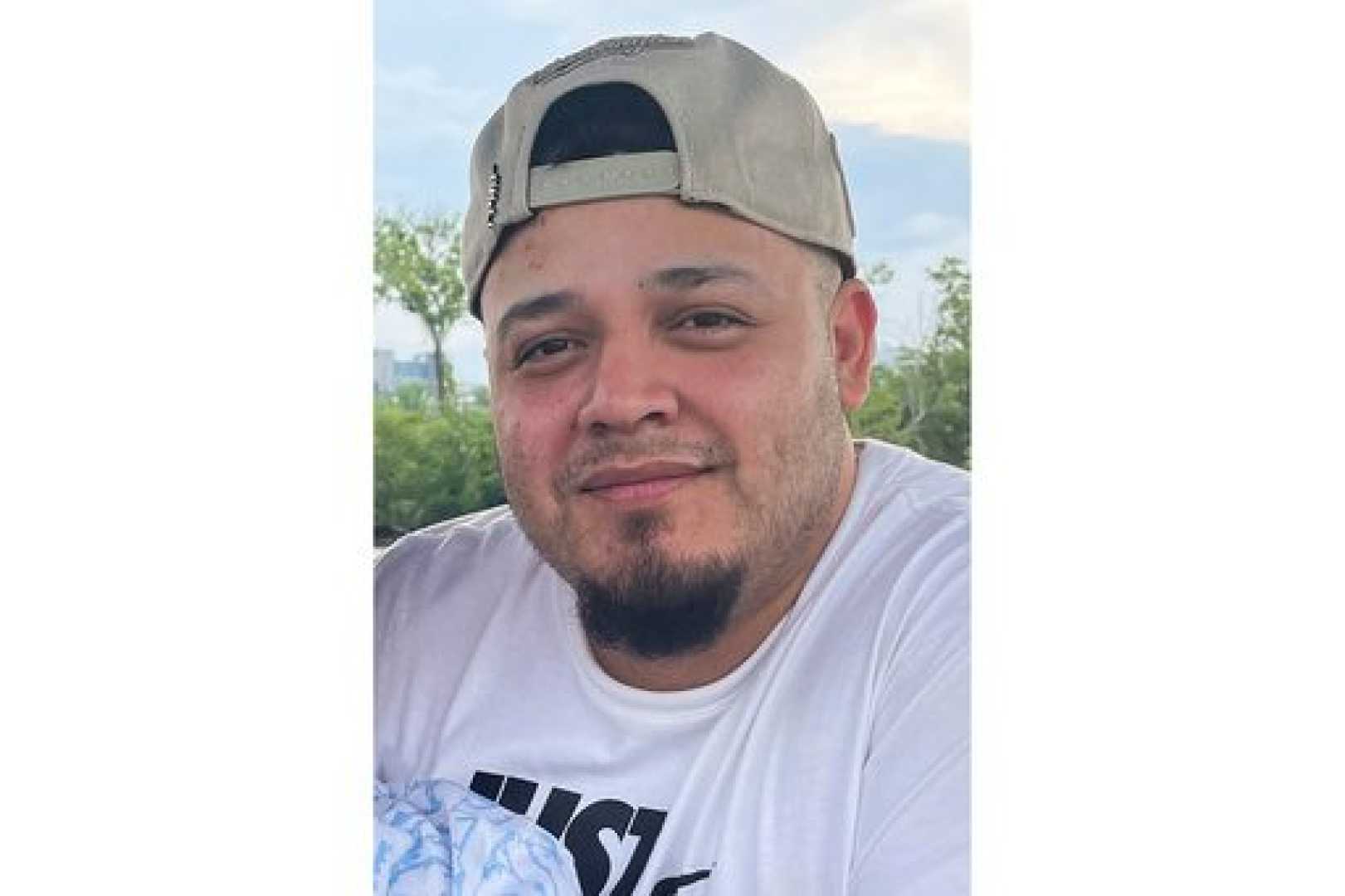News
Federal Judge Orders Return of Wrongly Deported Maryland Man

GREENBELT, Md. — A federal judge ordered on Friday that Kilmar Abrego Garcia, a Maryland man who was wrongfully deported to El Salvador, must be returned to the United States within three days. U.S. District Judge Paula Xinis issued the ruling during a court hearing in Greenbelt, stating the government must take prompt action to rectify the situation.
Abrego Garcia, a Salvadoran migrant who lived in the U.S. legally and held a work permit, was deported on March 12 due to what Immigration and Customs Enforcement (ICE) called an ‘administrative error.’ Judge Xinis emphasized the importance of adhering to legal protocols during the hearing, asking government lawyers why steps had not been taken to return him to U.S. soil.
“They admit they had no legal authorization to remove him to El Salvador,” said Simon Sandoval-Moshenberg, one of Abrego Garcia’s lawyers, who argued the government’s failure to follow due process constituted a violation of rights. “The public interest lies in the government following the law.”
Despite acknowledging the mistake, Erez Reuveni, an attorney for the government, stated that officials were unsure of the proper legal authority for retrieving Abrego Garcia. “Why can’t the United States get Mr. Abrego Garcia back?” Judge Xinis asked, reflecting growing frustration over the lack of clarity on the government’s actions.
This case adds to the ongoing scrutiny of the Trump administration’s immigration policies. The administration recently employed the 1798 Alien Enemies Act to deport individuals accused of gang affiliations rapidly. On March 15, the government sent flights to El Salvador carrying deportees, one of whom was Abrego Garcia, despite a judicial order issued in October 2019 granting him protection from deportation.
Abrego Garcia’s troubles began when he was stopped by ICE officers who questioned him regarding alleged ties to the gang MS-13, which he disputes. His deportation sparked a rally led by his wife, Jennifer Vasquez Sura, and their supporters, who gathered to demand his return. “Kilmar, if you can hear me, I miss you so much,” she said at the rally. “We are fighting for you and our children.”
During the hearing, Abrego Garcia’s lawyers reiterated that their client had been aiming for a legal path to citizenship in the U.S. and that the deportation had disrupted their family. They highlighted that Abrego Garcia had previously been cleared of gang affiliation by a judge in 2019, who recognized that the allegations stemmed from dubious informant claims.
Despite the error, Judge Xinis pointed out the serious implications of Abrego Garcia’s deportation, questioning the lack of measures taken by the Justice Department to rectify the situation.
The case of Abrego Garcia is not unique, as the government has faced criticism for handling deportations under dubious circumstances, raising alarm about potential violations of due process. The White House has suggested that U.S. courts lack jurisdiction over deportees once they have left the country, a stance met with significant backlash.
As the clock ticks toward the April 7 deadline for Abrego Garcia’s return, questions loom about the broader implications of his case and the future of deportation regulations amid ongoing legal challenges.












